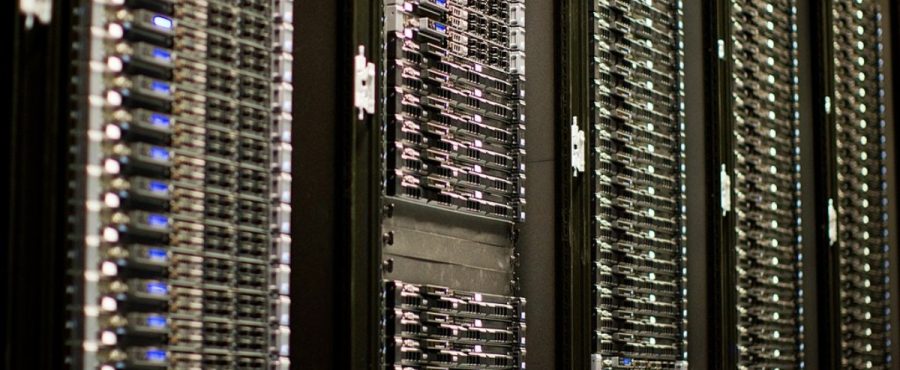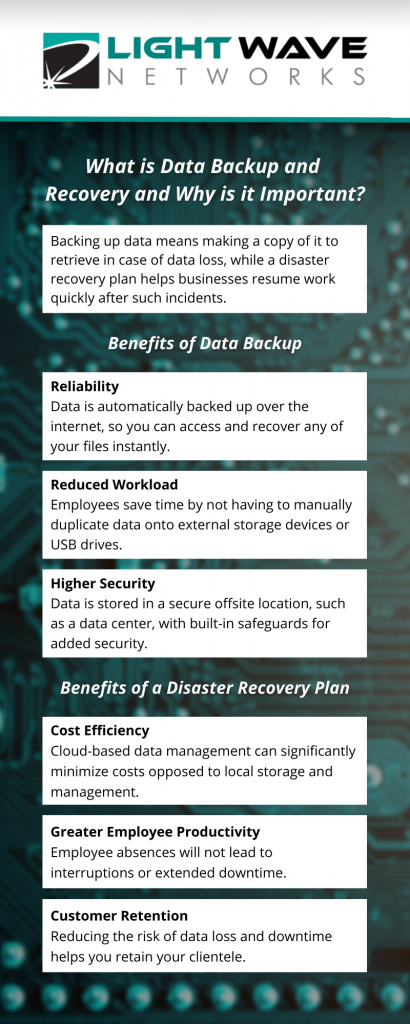All posts by Jennifer Waldsmith
Cybersecurity Risks of Working from Home & How To Prevent Them
The coronavirus pandemic has led to a large portion of the workforce working from home. City shutdowns, stay-at-home orders, and social distancing guidelines that popped up in response to COVID-19 have shifted employees from office buildings to at-home offices. Even as restrictions lift, many people are opting to continue working from home to stay safe and stop the spread of the virus.
As companies adjust to this major change, they must prioritize cybersecurity to keep their networks and valuable data safe from hackers and cybercriminals.Read More
VPS vs. Dedicated Servers Vs. Cloud Servers
As a business, you have plenty of choices when it comes to choosing the hosting model to support your company’s website, data, and IT network. Some of the most popular server hosting types are virtual private servers (VPS), dedicated servers, and cloud servers. At our Boston and Dallas colocation company, LightWave Networks, we offer all three server hosting options. At our two data centers, we host VPS, cloud servers, and dedicated servers in Boston and Dallas. When it comes to comparing VPS vs. dedicated vs. clouds servers – here’s a breakdown of the pros and cons of each option.
Data Center Technology Trends: More Complex Data Center Workloads
In their recently published annual global data center survey, the Uptime Institute found that the majority of IT loads are still run on privately-owned enterprise data centers.1 Data center workloads are not only getting extensive but are also getting more complex.
Data Center Security: Cybersecurity Must-Haves
With the ongoing threat of hackers, malware, and data breaches still looming over businesses in every industry and operating in all sectors, investment in cybersecurity is at an all-time high and continues to grow.
Research by Gartner points to worldwide spending on cybersecurity to increase by 8.7% to over $124 billion in 2019.1 Still, cybercriminals have continued to carry out successful attacks, hacking into servers, stealing valuable user data, and infecting networks with ransomware.
The Importance of Data Backup and a Disaster Recovery Plan
Why Is Data Backup and Recovery Important?
Should a disaster happen, avoiding major data losses and reducing downtime should both be top priorities for any company. Having a reliable data backup system and disaster recovery plan in place are necessary steps towards achieving those priorities and establishing vital safeguards to protect your business and its data.
A solid disaster recovery plan ensures your business can resume work as quickly as possible in the aftermath of a major data loss. It is a step-by-step plan for business continuity in the event of a disaster that fully or partially destroys your business’s resources such as IT equipment, data records, corporate network, or database.
What Is Data Backup and Recovery?
Data backup is the process of storing data in another separate storage medium in addition to the primary storage. So, should the primary hardware fail or get damaged, your company’s data is easy to recover. Essentially, it is the process of duplicating data which can then be retrieved in the event of data loss.
Our Boston colocation, Dallas colocation, and Massachusetts colocation professionals fully understand the benefits of data backup and recovery.
The Benefits of Data Backup
Reliability – One of the most significant benefits of remote data backup is that your company’s data is backed up automatically, either daily or on an otherwise regular schedule. This automated process is done over the internet, meaning you can access and recover any of your files instantly should you need to.
Reduced Workload – Having the process of backing up your files and data done automatically means manual backup becomes practically obsolete. One or more of your employees will not have to do the time-consuming job of making sure data is regularly duplicated onto separate external storage or USB drives.
Higher Security – Remote data backup has your data stored in a secure location separate from your business location and primary storage. This secure location is typically a data center that has safeguards built into its physical and digital framework. With advanced encryption tools and other security measures, you can rest easy knowing your data is physically safe and won’t be compromised.
The Benefits of a Disaster Recovery Plan
Cost Efficiency – Disaster recovery planning often requires more innovative hardware and software, which can save companies money in the long run. If your business opts for cloud-based data management instead of local storage and management, costs can be minimized even more significantly.
Greater Employee Productivity – One of the more unexpected yet important benefits of having a disaster recovery plan is an increase in productivity from your employees. Establishing a disaster recovery plan involves cross-training and multiple people being able to carry out specific important tasks. Vacation days, sick leaves, or resignations will not lead to interruptions or extended downtime.
Customer Retention – Today’s clients expect consistent reliability and almost instant results. They are not as forgiving of failures and downtime. Should a business not meet its expectations or suffer prolonged interruptions in their work, clients will easily move on to another competitor. Having a backup and a data recovery plan ensures your company will not be irreparably damaged by an IT disaster. Reducing the risk of data loss and downtime helps you retain your clientele.
Why Is There a Need for Data Backup and Recovery?
There is decidedly a need for data backup and recovery in modern business practice and environments because of the fact that most sensitive data and information is stored virtually on computers or on the internet. Without a successful backup plan, businesses run the risk of losing their data, which could be extremely costly or dangerous for organizations of any size. A successful data backup and recovery plan could work to prevent a disastrous data leak or loss.
More About LightWave Networks
Aside from data backup and recovery, we offer a variety of business network services that work to modernize a business’s operations. We offer proven services such as managed networking, colocation hosting, and more. We offer these services at a number of our data centers located around the United States, thanks to our Tampa data center, Philadelphia data center, Minnesota data centers, Charlotte data center, and New Jersey data center, among many others.
Source:
1 – Wenjin Hu, Tao Yang, Jeanna N. Matthews, Clarkson University – The Good, the Bad and the Ugly of Consumer Cloud Storage






